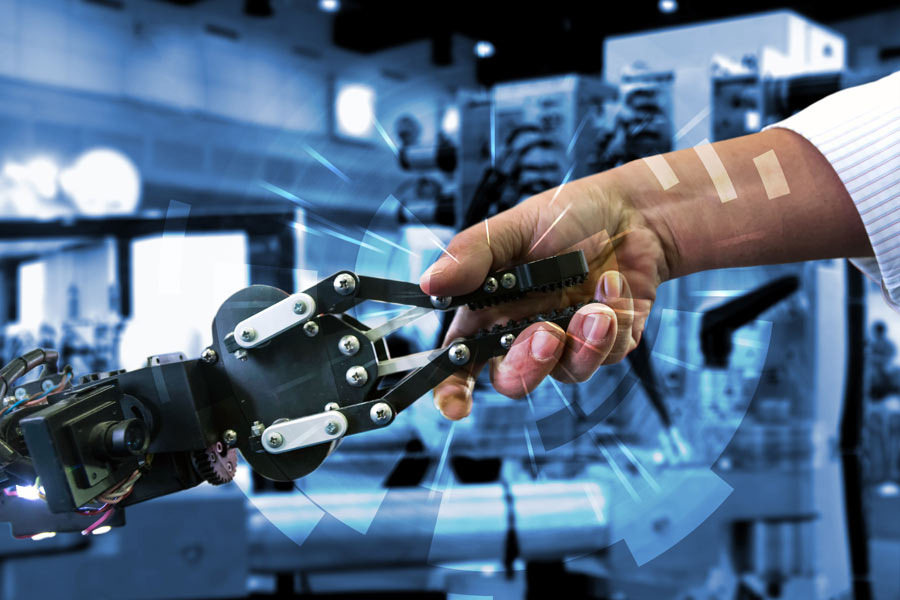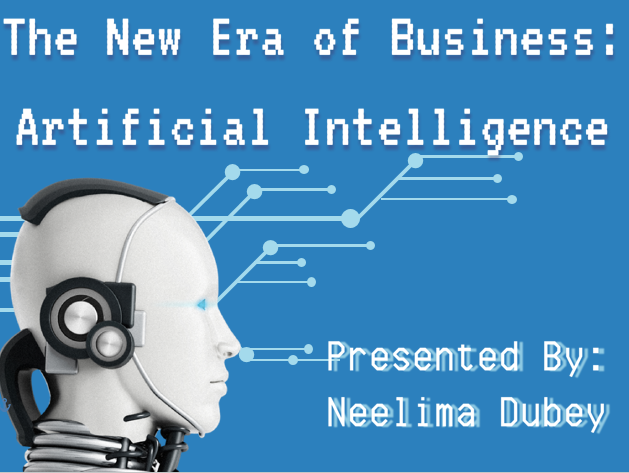903Views

EMBRACING NEW TECHNOLOGICAL REVOLUTION IN BUSINESS
Hello and welcome to the blog! We’re all about discovering the unique connection between business, technology, and sustainability. In this blog, we’ll see how technological developments have fundamentally altered several sectors of the economy, business models, and consumer experiences. And as if that weren’t enough, we’ll also be exploring some sub-themes including sports, sustainable business practices, and green marketing. So let’s begin.
Let’s start by discussing how technological improvements have transformed many sectors of the economy and business practices. The speed at which technology is developing is remarkable, and it is creating a whole new range of opportunities for firms in a variety of industries.
Look at automation as an example. Companies may now streamline processes, cut expenses, and boost productivity with the aid of robots and machines. In addition to saving time, this helps organizations to concentrate on more strategic tasks that call for human knowledge.
Artificial intelligence (AI).
Businesses may use AI algorithms to analyse huge amounts of data in real-time and acquire insightful data that can help them make decisions and increase productivity. For companies wanting to stay ahead in a highly competitive marketplace, artificial intelligence (AI) has emerged as a vital tool for everything from forecasting consumer behaviour to streamlining supply chains.
Let’s now shift gears and discuss sports.
Sports have always been on the cutting edge of innovation, setting new standards and utilizing cutting-edge tools. Technology has totally changed how we play, watch, and participate with sports, from cutting-edge analytics that offer insights into player performance to video assisted referees (VAR) that guarantee fair play.
Fitness trackers and smart watches are examples of wearable technology that have become widely used and enable athletes to track their progress and improve their training. Additionally, virtual reality has elevated spectator immersion in the action to a whole new level, enhancing fan engagement.
Green marketing
A sustainable future is largely dependent on green marketing in companies. By implementing environmentally friendly practices throughout their supply chains, businesses can engage in green marketing. This can involve introducing sustainable packaging solutions, cutting emissions and waste, and employing renewable energy sources.
Additionally, using green marketing can set a company apart from its rivals. Businesses that promote environmental responsibility can gain a competitive advantage.
How Vivekanand Business School (VBS) Prepares Students for the New Era of Business
At Vivekanand Business School (VBS Mumbai), the learning experience goes far beyond textbooks and lectures. Students get their hands dirty with real tools—like Tableau, Power BI, Python, and R — working on live assignments that help them understand what data really says and how to use it in business situations. These aren’t just buzzwords thrown into the syllabus. They’re skills that students actually practice and grow comfortable using. And while they do dive into topics like AI and machine learning, the focus is on how these tools are being used in the real world — not just the theory behind them.
But what really makes VBS stand out is how much importance is placed on thinking beyond just numbers and profits. The world is changing, and so is the way we define business success. That’s why students here explore topics like green marketing, sustainability, and ethical decision-making. Through projects, case studies, and even guest lectures from people working in these areas, they see what it takes to build a business that’s not only successful, but also responsible. Programs like ESG seminars or partnerships with socially driven companies bring these concepts to life.
There’s also a big push at VBS to learn by doing. Students aren’t stuck in the classroom —they’re out interning at startups, participating in industry conclaves, or working on simulations that mirror actual business problems. Whether it’s improving a supply chain or solving a digital marketing challenge, these experiences help them build confidence and apply what they’ve learned in real time.
In a world where everything’s evolving — tech, consumer expectations, even the definition of leadership — it helps to be in a place that understands what the future of business looks like. That’s exactly what VBS offers: a space where students can grow their skills, expand their thinking, and prepare to lead. No wonder it’s often ranked among the best PGDM colleges in Mumbai.
The business landscape today is all about adapting. Technology is pushing industries forward, but so is the growing demand for sustainability and ethical choices. Companies that embrace both are the ones that will stay ahead. And schools like VBS, that teach students how to balance innovation with responsibility, are shaping the leaders who’ll help build that future.
Finally, we can conclude that technological developments have changed markets, corporate models, and customer experiences. Additionally, companies are becoming more aware of the value of sustainability and green marketing in building a sustainable future. Companies can prosper in this rapid transformation by embracing these changes and utilizing technology.
Karthik Menon
PGDM Batch 2016-2018
Vivekanand Business School


